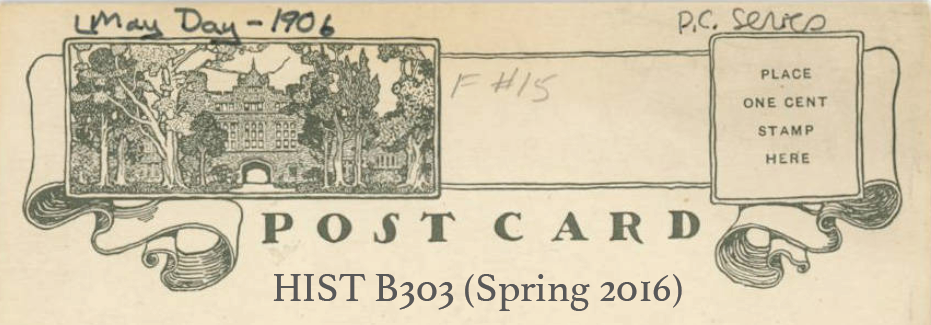I’m super frustrated because I wrote my whole post but now I have to write it again because my internet stopped working when it was processing and now I have to write it again! Write things down on paper, kids.
Anyway, I was just struck by the way the enslaved people were humanized in this book, in a way that was very refreshing! I feel like I never was able to experience elsewhere. Especially after reading the second chapter, the reminder that these were people who were once children, and had emotions, and yet were just thrown overboard as garbage was stunning. And I think it is so easy to think about the history of slavery and not actually think about how these were human beings. The way it was written was marvelous. I think it is insulting to write about slavery and not bring in perspectives like these. Especially when talking about how elite education is directly related to slavery, I think it’s essential to say exactly why it is horrible. Otherwise, what’s the point?

oh no, I’m sorry for the technical difficulties!
It’s interesting that you mention children/childhood – a major focus of the growing field of childhood studies has been race and slavery (perhaps the best example of this is BMC alumna Robin Bernstein’s book Racial Innocence) and I was just tonight listening to a talk with the founder of the Whitney Plantation museum in Louisiana. He was especially vocal about wanting the introductory experience of this historic site to contain images of and memorials to enslaved children.